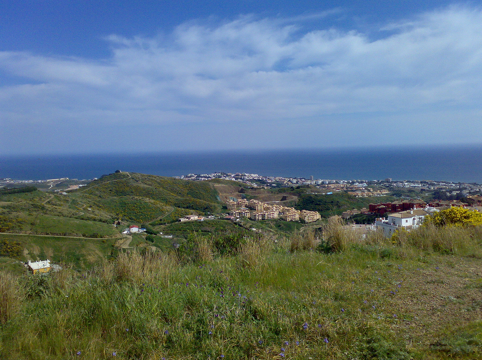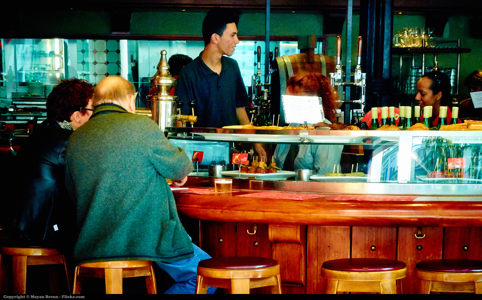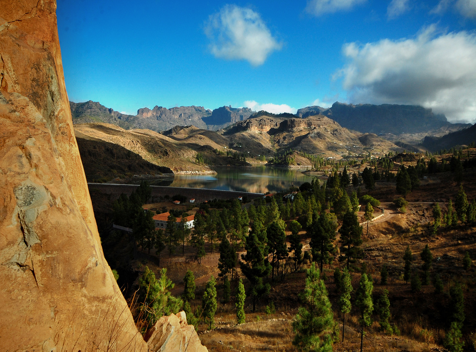Nu pierdeți cele mai bune locuri de muncă!
Abonează-te și săptămânal iți vom trimite un email cu ultimele locuri de muncă disponibile. Introdu adresa ta de email mai jos
The wonderful climate and the excellent food has meant that many people dream of having the opportunity to live and work in Spain, along with the large numbers of people who have chosen to retire to this beautiful country. However, Spain is a country that suffered significantly during the recession caused by the financial collapse in 2008, and in many ways it is still recovering and finding its feet again. There are many differences that you will need to overcome if you are moving to Spain, and while tourist areas on some parts of the coast may have a strong expat population and culture, many parts of Spain will require you to learn at least the basics of the language in order to get by.
Language
Many people will already have some experience of Spanish before even considering moving to Spain, as it is spoken throughout most of Latin America and is also taught as a second language in many schools across the world. While some parts of Spain such as the Costa del Sol and Barcelona may have a reasonable measure of English speakers, in most parts of the country it will be a rudimentary few words remembered from their English classes in school. Spanish people are generally very friendly and welcoming, so having a few basic sentences will allow you to get by and communicate for a while, but learning Spanish will be essential for living in the country.
It is also worth bearing in mind that in some areas such as Catalunya and the Basque country, they speak languages that are related but not entirely the same as Spanish. If you are planning on living in these parts of the country, then learning the local language instead of Spanish will probably help you to integrate with the local community much better.
Food And Dining
Food is an important part of life in Spain, but their traditions are quite different from many of the English speaking countries. Most Spaniards will have very little for breakfast, either a coffee or maybe a croissant, with lunch being the main meal of the day. The 'comida', as it is known, is normally eaten in a relaxed fashion with several courses over an hour or two, with a starter, a fish or meat course and a light dessert. The last meal of the day is usually lighter, either a few shared plates of tapas or a salad, and this can usually be eaten late in the evening.
Fresh food is also an important part of the culture in Spain, and going out to buy bread from the bakery or pastries for a light breakfast is common. Dishes such as paella may be the most famous exports of Spanish cuisine, but cured meat and sausage is also of very high standard in the country. Tomato bread is another simple dish from Catalonia, and is simply tomatoes and olive oil spread on a piece of fresh bread.
The Outdoors Culture In Spain
Because of the excellent climate in Spain, most people are very social and will tend to spend their times in the parks, beaches and other public areas as opposed to spending so much time at home. Social events will often be in gardens or parks, and going out in the evening to a bar will often have most locations offering tables and chairs outside in order to make the most of the early evening sunshine. The surroundings are also perfect if you enjoy outdoor activities, with hiking, mountain biking and a range of other sports available to help you make the most of your free time in this beautiful country.
The Expat Community In Spain
If you are looking for a safety blanket during your move to Spain, there are plenty of places that have expat societies or clubs that can offer advice and support as you settle into life in your new home. The largest groups are to be found in the Costa del Sol and the Costa Blanca, along with the cities of Barcelona, Madrid and Valencia. However, try not to be too reliant on the friendship of expats alone, as this can often lead to you simply leading a life in English with minimal contact with the local population, and that can be a massive loss as there is so much to enjoy and to explore in the Spanish culture.
Adapting To Life With The Siesta
One of the hardest things to understand for many people who move to Spain is how to adapt to the lifestyle which has a siesta at the heart of the day. Traditionally, the siesta was designed to allow those who worked outdoors to help avoid the heat of the midday sun and to enjoy a nap along with the main meal of the day. They would then return to work later in the afternoon when the temperatures had dropped again. This helps people to deal with the heavier meal in the middle of the day, before returning to their work refreshed.
On a practical level, this means that many shops, restaurants and cafes close for several hours in the middle of the day, when many of the expat community would naturally be awake and active. If you can, it is best to try and join the locals in this habit, as it is one of the key parts of the Mediterranean lifestyle which is said to help people to live longer and healthier lives.
Sign in to publish a comment



Be the first to comment on this post.